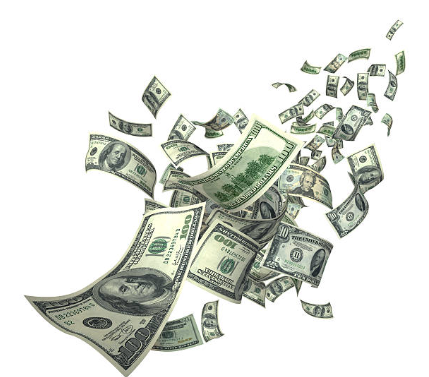Inhabitants of Aweil town in Northern Bahr el Ghazal State have raised an alarm over skyrocketing commodity prices which traders however attribute to the depreciation of the local currency against the U.S. dollar.
According to a quick survey by Radio Tamazuj, USD 100 which was exchanged for SSP 74,000 a week ago shot up to 85,000.
The residents said traders have been gradually hiking commodity prices throughout the last 10 days.
Diing Diing, a resident of Aweil’s Maper Akot suburb painted a graphic picture of the increasing prices.
“3.5 kg of dura (sorghum) now goes for SSP 2,300 yet it was 1,800, 1 kg of sugar was 1,000 but has shot up to 1,200, 1 liter of fuel is now priced at 1,100 yet it was 900 SSP, 50 kg of wheat flour is now costs 48,000 but was just SSP 32,000 less than a week ago,” he said. “These price increments have a big and negative effect on the citizens and we are suffering.”
A mother, Abuk Garang, concurred with Diing that prices had skyrocketed in a short time and she could barely afford food.
“Things are too expensive now and half a kilo of meat sold at SSP 1,000 SSP, a small portion of charcoal is now 200 yet it was 150 recently and half a kilo of coffee which was 1,200 now costs SSP 800,” she lamented.
A trader who identified himself as Mohammed Hamad attributed the price hikes to the high demand for the dollar, saying the pound has significantly depreciated against the hard currency.
“The main problem is the issue of the increased dollar exchange rate and that is why commodity prices are high but goods are available in the market,” said Hamad. “50 kg of white sugar is sold by wholesalers at USD 54 which equates to SSP 44,000 50 kg of wheat flour is USD 52.”
A forex dealer who spoke on condition of anonymity said they only made SSP 1,000 per USD 100.
“We purchase the hard currency, especially USD 100 at SSP 78,000 and if someone wants to buy it from me, I will charge him or her 79,000 per USD 100 USD,” he said. “These are our trading prices and nothing higher.”
However, a representative state Chamber of Commerce, Malong Deng Nyuany, said 100 dollars was now being exchanged for over SSP 80,000 which he said impacted traders when they import goods from Sudan, Juba, and other regions.
“Aweil has turned bad because the dollar exchange rate reached 80,000 plus and this is affecting the Aweil community despite the availability of the goods,” said Deng. “The traders face challenges when selling items and demand hard currency to be used in importation.”




